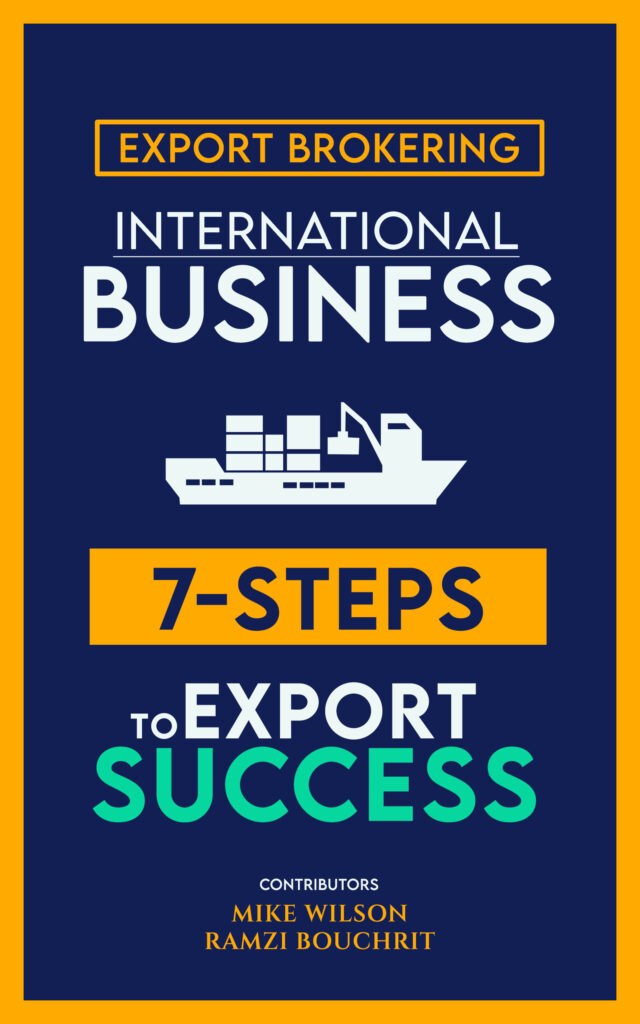Managing International Trade Logistics for Seamless Operations, learn more in the below article.
| Table of Content |
|---|
| Introduction |
| H1: Understanding the Importance of International Trade Logistics |
| H2: Supply Chain Optimization in Trade Operations |
| H3: Inventory Management and Demand Forecasting |
| H3: Streamlining Supplier Relationships |
| H2: Risk Management in International Logistics |
| H3: Identifying and Mitigating Risks |
| H3: Compliance with Customs and Regulations |
| H2: Efficient Transportation for Seamless Trade |
| H3: Choosing the Right Transportation Modes |
| H3: Optimizing Freight Forwarding and Customs Clearance |
| Conclusion |
| FAQs |
Introduction of Managing International Trade Logistics for Seamless Operations
Efficient management of international trade logistics is crucial for the smooth operations of trade businesses. Effective logistics ensures timely delivery, minimizes risks, and enhances customer satisfaction. In this article, we will explore the importance of international trade logistics and discuss strategies for supply chain optimization, risk management, and efficient transportation.
In this step of “The Export Series” we will show you how to become a successful Import Export (International Trade) broker.

Mr. Ramzi Bouchrit (RB JV Group) has provided us with helpful information based on the different transactions he made with his business partners in the field of the International Trade aka import export. “The Export Series”.
H1: Understanding the Importance of International Trade Logistics
International trade logistics encompass the processes involved in the movement and coordination of goods across borders. It plays a vital role in ensuring the smooth flow of goods, minimizing delays, and meeting customer demands.
H2: Supply Chain Optimization in Trade Operations
Optimizing the supply chain is essential for efficient trade operations. It involves streamlining inventory management, optimizing supplier relationships, and leveraging technology for effective demand forecasting.
H3: Inventory Management and Demand Forecasting
Effective inventory management and demand forecasting help trade businesses meet customer demands while minimizing inventory costs and stockouts. By utilizing advanced forecasting techniques and implementing inventory optimization strategies, trade brokers can achieve better control over their inventory levels.
H3: Streamlining Supplier Relationships
Establishing strong relationships with suppliers is crucial for trade operations. By fostering open communication, setting clear expectations, and implementing collaborative practices, trade brokers can ensure a steady supply of quality products and timely deliveries.
H2: Risk Management in International Logistics
Managing risks is an integral part of international trade logistics. Identifying potential risks and implementing appropriate risk mitigation strategies is essential to minimize disruptions and protect the interests of trade brokers.
H3: Identifying and Mitigating Risks
Trade brokers should conduct comprehensive risk assessments to identify potential risks in their logistics operations. This includes analyzing geopolitical factors, trade regulations, and supply chain vulnerabilities. Implementing risk mitigation measures, such as diversifying suppliers or establishing contingency plans, can help mitigate the impact of potential disruptions.
H3: Compliance with Customs and Regulations
Compliance with customs and trade regulations is vital for successful international trade logistics. Trade brokers should stay updated with the latest regulations, obtain the necessary permits and licenses, and ensure accurate documentation to facilitate smooth customs clearance.
H2: Efficient Transportation for Seamless Trade
Efficient transportation is a critical component of international trade logistics. Selecting the right transportation modes and optimizing freight forwarding and customs clearance processes can significantly improve operational efficiency.
H3: Choosing the Right Transportation Modes
Selecting the appropriate transportation modes, such as air, sea, road, or rail, depends on factors such as cost, transit time, and the nature of the goods. Evaluating different options and considering customer requirements can help trade brokers make informed decisions.
**H3: Optimizing Freight Forwarding and Customs Clearance**
Collaborating with reliable freight forwarders and customs brokers can streamline the transportation process. These professionals possess expertise in navigating customs regulations, handling documentation, and coordinating shipments, ensuring smooth and timely deliveries.
Conclusion of Managing International Trade Logistics for Seamless Operations
Efficient management of international trade logistics is essential for seamless trade operations. By optimizing the supply chain, managing risks, and leveraging efficient transportation, trade brokers can enhance their operational efficiency, meet customer demands, and stay competitive in the global market.
FAQs
Q1: Why is supply chain optimization important in international trade logistics?
A1: Supply chain optimization helps trade brokers streamline their inventory management, meet customer demands, and reduce costs by minimizing stockouts and inventory holding.
Q2: What are some common risks in international trade logistics?
A2: Common risks in international trade logistics include geopolitical factors, trade regulations, supply chain disruptions, and transportation delays.
Q3: How can trade brokers ensure compliance with customs and regulations?
A3: Trade brokers can ensure compliance by staying updated with the latest regulations, obtaining necessary permits and licenses, and maintaining accurate documentation for customs clearance.
Q4: How does efficient transportation contribute to seamless trade operations?
A4: Efficient transportation ensures timely delivery, reduces transit times, and minimizes transportation costs, enhancing overall operational efficiency in trade brokerage.
Q5: What role do freight forwarders and customs brokers play in international trade logistics?
A5: Freight forwarders and customs brokers provide expertise in coordinating shipments, navigating customs regulations, and ensuring smooth transportation and customs clearance processes.
===============================================
To know how to do the international trade transactions the right way, you can get in touch with us using the below contact details:
Email: export@ramzisite.info
Phone: +1 424 208 0297
WhatsApp: https://wa.me/+14242080297
Website: https://ramzisite.info
To get more real life examples of successful Export transactions in a step by step manner, please visit our Amazon Book (Mike Wilson & Ramzi Bouchrit), 7 Steps to Export Success: https://amazon.com/dp/B0B35HG9PC





